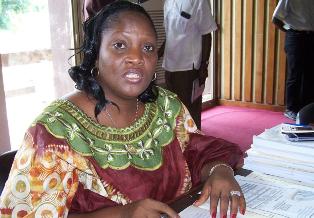The Media and Liberia’s Democratic Transition: Not Only Voter’s Education, but Political Awareness too
The media is a diversified collection of technological outlets that provides information – one way or the other, to large number of people. Among outlets through which such communication takes place, especially in Liberia, are radio, television, newspaper and now the social media.
Interests of diverse backgrounds are vested in the media nowadays in Liberia and the world-over because of its power to shift public opinion either for the best or wrong reasons. Its ability to set national agenda cannot even be over-emphasized, but it would depend on how positive utilizing such power would benefit national unity and development.
Also focusing public attention on a few key national or public issues is not only an immense, but well-documented influence of the media sector, considering the fact that not only do people acquire factual information about issues and happenings from the news media, citizens who read and view are capacitated or empowered to make informed decisions and act accordingly in the interest of the country.
Within two years, Liberians look forward to a political process that would occasion a democratic transition from an elected government to another – an electoral process that would require sound political decision-making on the part of all potential Liberian voters.
In view of the foregoing, the role of the Liberian media to set the political agenda is of paramount concern at this point. Creating the enabling environment to facilitate sound participation and decision-making on a level-playing, by way of information and education becomes the primary role of the Liberian media. Such role would also entail reaching out to those who do not read and write or understand English; in other words, in setting such agenda, those who speak the Liberian vernaculars must also be covered by the media, especial radio and television stations – not leaving out the Community Radio network across most of Liberia, where these stations are installed.
Not only ensuring voter’s education, providing political awareness/education on party politics, including party proliferation or reduction, with advantages and disadvantages at the core of such media awareness/education of citizens as we move towards the 2017 general and presidential elections would be the greatest achievement of the Liberian media.
While there may challenges confronting the media landscape of Liberia as it relates to under-capitalization, reducing the number of media institutions into media conglomerates as it is in countries like Kenya and Uganda in east Africa would either reduce or eliminate such challenges. Forming media conglomerates with appreciable economic and professional standards with the highest degree of sincerity and commitment would, obviously, do justice to the role that the media in Liberia must play in the country’s ensuing democratic transition.
[bsa_pro_ad_space id=1]




















